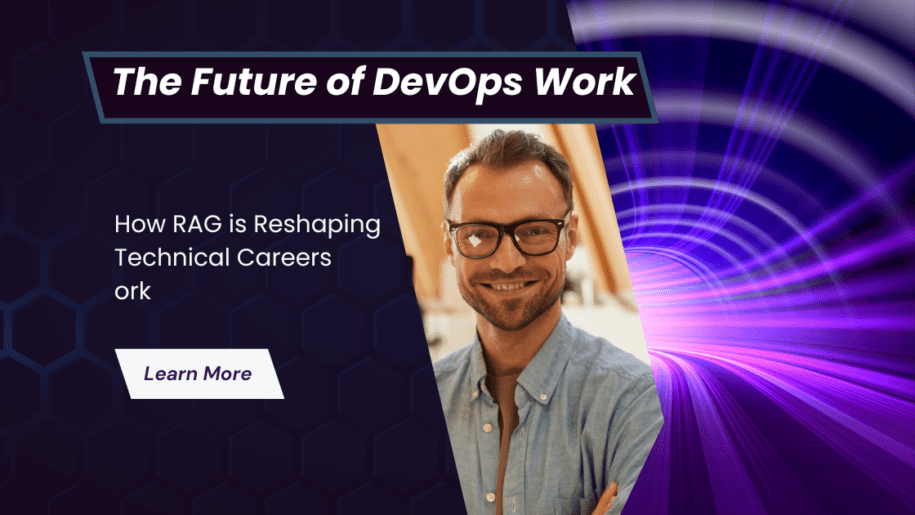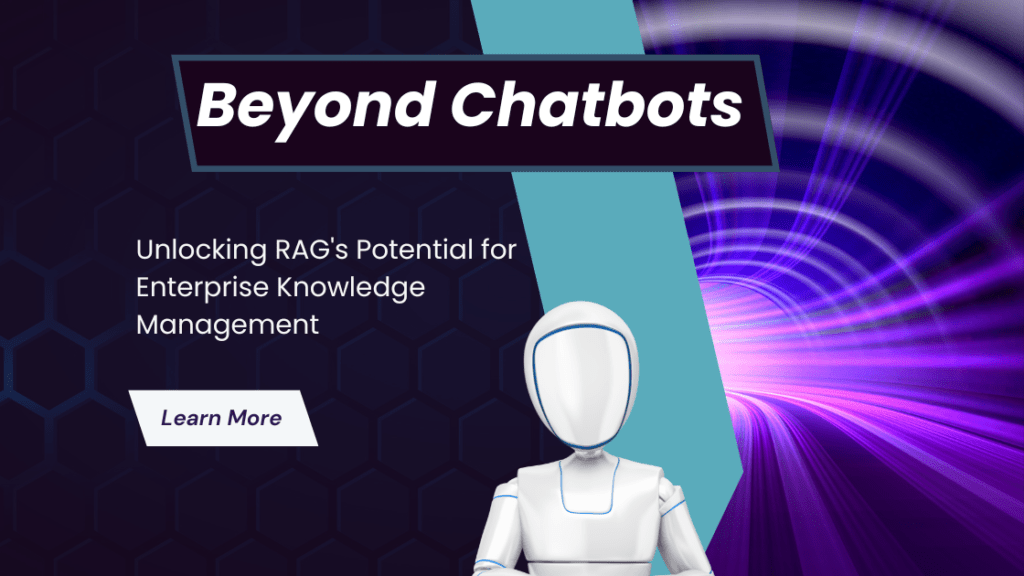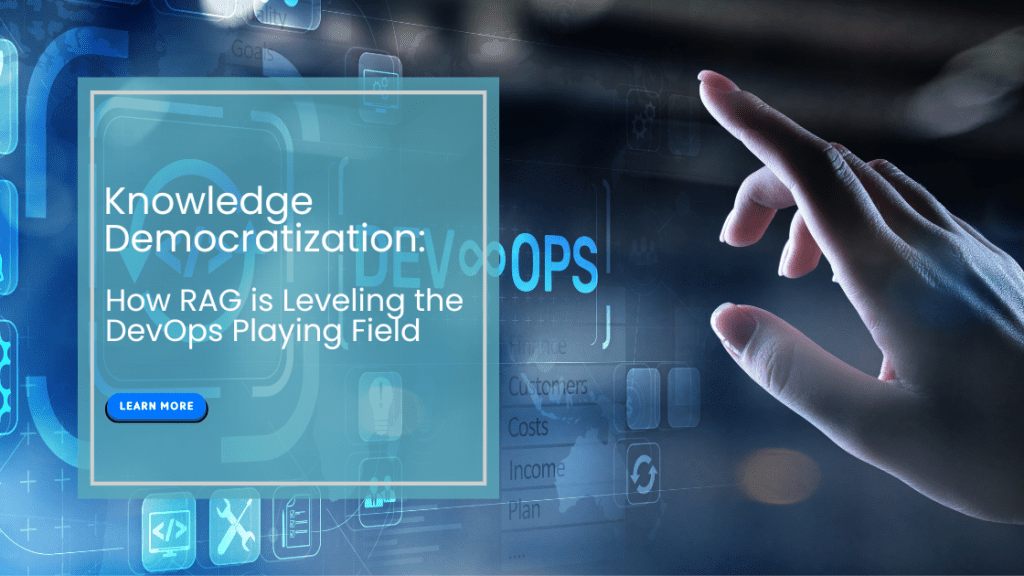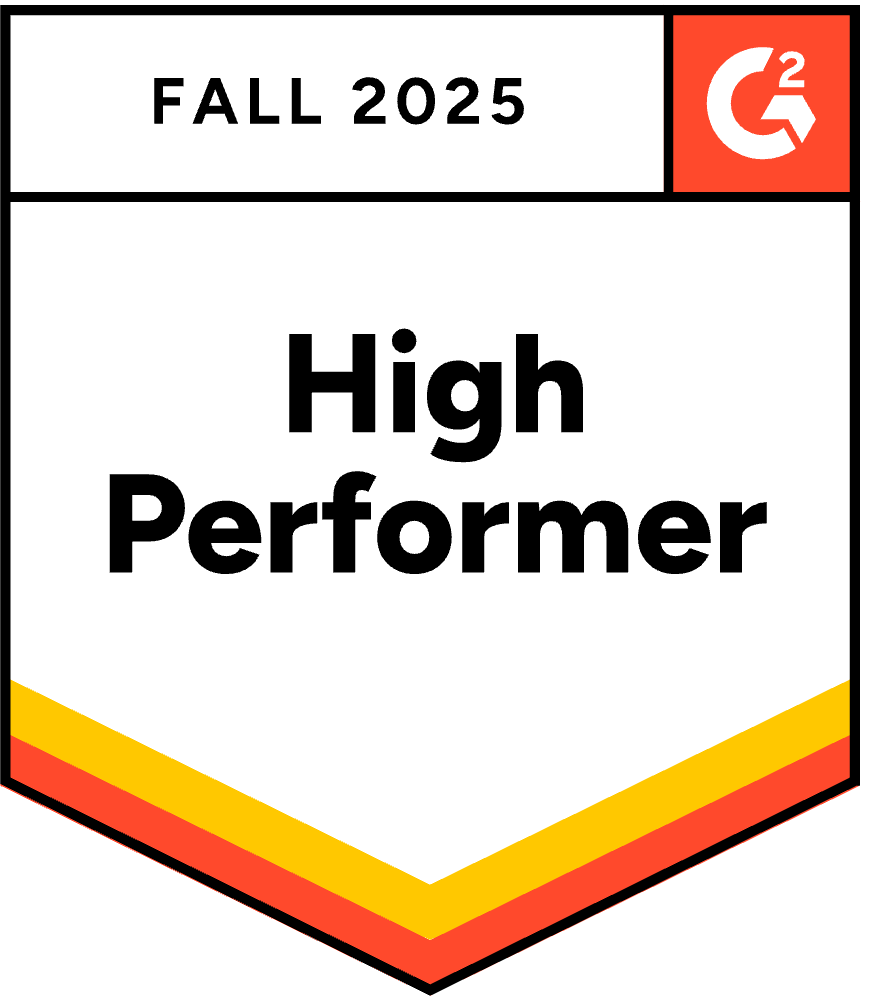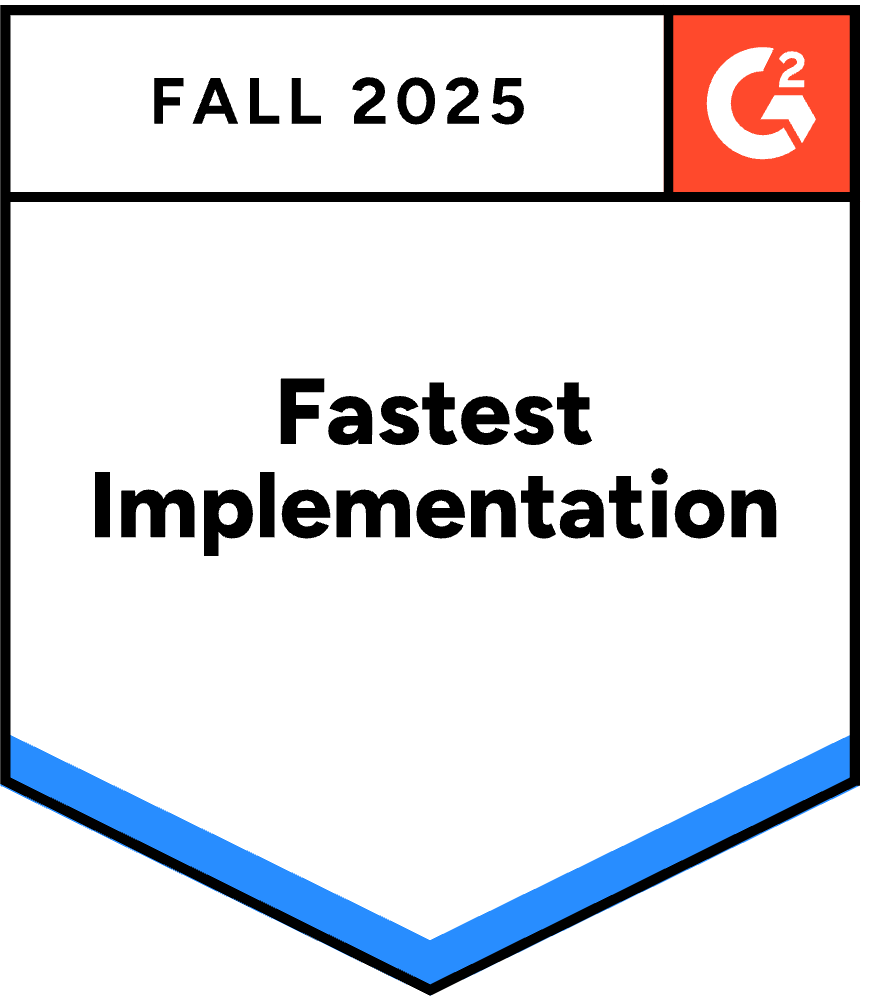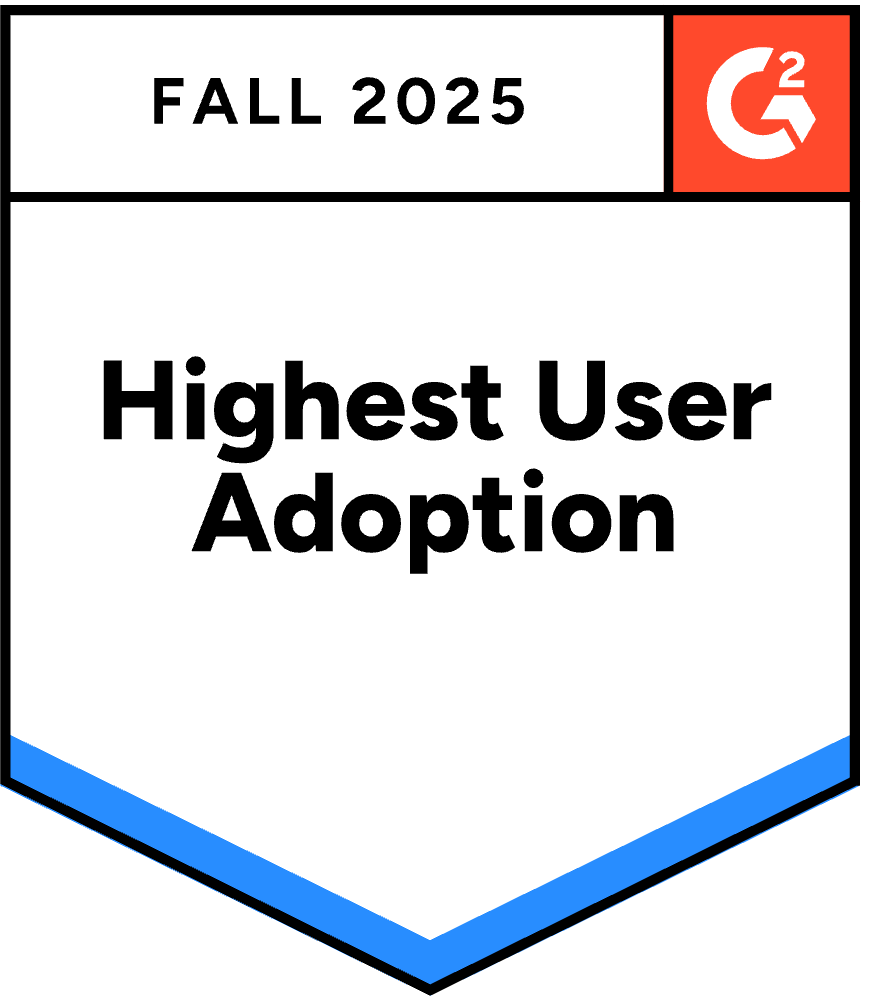As Retrieval-Augmented Generation (RAG) transforms observability platforms like FusionReactor, we’re witnessing not just a technological revolution, but a profound reimagining of what it means to work in DevOps. The integration of AI that can understand context, history, and organizational knowledge is quietly reshaping career trajectories, skill requirements, and the fundamental nature of technical work. This evolution raises important questions about how we develop talent, structure teams, and prepare for a future where the relationship between humans and systems is fundamentally altered.
From Technical Specialist to Knowledge Curator
The traditional DevOps career path has typically emphasized increasingly specialized technical expertise. Engineers would progress from general operational roles to specific domains, such as Kubernetes management, database optimization, or security operations. Each step deeper into specialization meant mastering more arcane commands, configuration options, and troubleshooting techniques.
RAG-enhanced systems are inverting this paradigm. When platforms like FusionReactor’s OpsPilot can instantly retrieve and apply specialized knowledge, the premium shifts from those who memorize the most commands to those who best understand how to organize, contextualize, and curate information.
A senior engineer at a significant financial institution using RAG-powered observability noted:
“I used to spend hours teaching my team specific Linux troubleshooting commands. Now I focus on helping them understand the patterns that connect different problems and solutions. The tools can provide the commands; humans need to provide the wisdom about when and why to use them.”
This shift is creating entirely new career paths focused on knowledge architecture—roles dedicated to structuring and maintaining the information that RAG systems depend on to function effectively. Much like database administrators emerged as databases became critical infrastructure, we’re seeing the rise of “knowledge base administrators” who ensure operational intelligence is captured correctly and organized.
The New Essential Skills: Context and Synthesis
As routine technical operations become increasingly augmented by AI, the skills that differentiate exceptional DevOps professionals are evolving. While deep technical knowledge remains valuable, other capabilities are gaining prominence:
- Systems thinking: Understanding how components interact rather than focusing solely on individual technologies
- Pattern recognition: Identifying similarities across seemingly different problems
- Knowledge mapping: Organizing information in ways that create beneficial connections
- Abstraction: Separating essential principles from implementation details
- Effective querying: Knowing how to ask questions that elicit useful information from RAG systems
One DevOps director described it this way:
“We’re increasingly hiring for how people think rather than what specific technologies they’ve used. Someone who understands the principles of distributed systems can learn Kubernetes. Someone who knows how to articulate a problem clearly can work effectively with our RAG-enhanced tools.”
These changing skill requirements are already influencing educational programs and certification paths. Forward-thinking organizations are developing curricula that emphasize conceptual understanding and knowledge organization alongside traditional technical training.
Continuous Learning in the Age of RAG
The concept of continuous learning in tech is nothing new, but RAG is changing both what we need to learn and how we learn it. When operational knowledge is externalized and accessible through AI interfaces, learning shifts from memorization to conceptual understanding and effective interaction with knowledge systems.
This transformation is evident in how organizations onboard new team members. Rather than overwhelming newcomers with documentation, many teams using FusionReactor start by teaching them how to query the OpsPilot system effectively. The focus isn’t on knowing everything on day one, but on learning how to access the correct information when needed.
“Our onboarding time has decreased by 40%, but more importantly, new team members contribute meaningfully much faster, they learn by doing, with the RAG system providing guardrails and context that previously required years of experience.”
This approach to learning resembles how professionals in other knowledge-intensive fields, such as law and medicine, operate—focusing less on memorizing all possible information and more on developing frameworks for finding and applying relevant knowledge to specific situations.
The End of the Generalist/Specialist Divide
DevOps has long grappled with tension between generalists who understand the entire system at a high level and specialists who deeply understand specific components. RAG-enhanced observability is blurring this distinction by making specialist knowledge more accessible to everyone.
When a database issue arises, generalists don’t need to escalate to specialists immediately—they can leverage the collective knowledge captured in systems like OpsPilot to address many specialized problems. Simultaneously, specialists can spend less time on routine issues and focus on genuinely novel challenges that advance the state of the art.
This convergence is creating hybrid roles that weren’t possible before: technical professionals who maintain broad oversight while leveraging AI-accessible knowledge to dive deep when necessary. These “augmented generalists” can operate effectively across previously siloed domains, accelerating innovation and problem-solving.
From Reactive to Proactive Work
Perhaps the most significant career shift enabled by RAG-enhanced observability is the transition from reactive to proactive work patterns. When systems like FusionReactor’s OpsPilot can handle routine troubleshooting, identify patterns, and provide contextual information about system behavior, DevOps professionals can redirect their energy toward preventing problems rather than just solving them.
This shift manifests in several ways:
- Architectural improvements: More time for addressing underlying design issues that cause recurring problems
- Automation development: Creating systems that prevent classes of issues rather than fixing individual occurrences
- Knowledge refinement: Improving the quality and organization of information that powers RAG systems
- User experience enhancement: Focusing on how systems serve users rather than just ensuring they function
“We’ve gone from spending 70% of our time fighting fires to spending 70% preventing them, that’s not just better for system reliability—it’s transformed how satisfying these roles are for our engineers.”
This evolution toward proactive work represents a maturation of DevOps as a discipline. When the difficulty of monitoring and troubleshooting decreases, teams can focus on the more creative and impactful aspects of technical work.
Preparing for the Future DevOps Career
For individuals and organizations looking to thrive in this changing landscape, several strategies emerge:
For Individual Contributors:
- Develop framework thinking: Focus on understanding principles that apply across technologies rather than memorizing implementation details
- Practice effective knowledge articulation: Learn to describe problems, solutions, and patterns in ways that knowledge systems can effectively capture
- Build curation skills: Become adept at organizing and contextualizing information for maximum reusability
- Cultivate cross-domain understanding: Look for connections between seemingly unrelated technical areas
- Embrace AI collaboration: Invest time in learning how to effectively partner with AI systems rather than seeing them as tools or threats
For Organizations:
- Redesign career ladders: Create advancement paths that value knowledge organization and synthesis alongside technical depth
- Rethink interviewing and hiring: Evaluate candidates on their ability to learn and apply concepts rather than their existing knowledge
- Invest in knowledge infrastructure: Treat information architecture with the same seriousness as technical infrastructure
- Balance specialization and breadth: Maintain some deep specialists while developing more T-shaped professionals
- Create space for innovation: Use the efficiency gains from RAG systems to allocate time for creative and experimental work
The Human Element Remains Essential
Despite these transformative changes, the core value of human expertise in DevOps isn’t diminishing—it’s evolving. RAG systems like FusionReactor’s OpsPilot are incredibly powerful, but they fundamentally depend on human judgment, creativity, and wisdom.
These systems don’t replace the need for skilled professionals; they elevate what those professionals can accomplish by removing cognitive barriers and routine burdens. The most effective organizations recognize that the true potential of RAG-enhanced observability lies not in reducing headcount but in redirecting human talent toward higher-value activities.
As one engineering leader eloquently put it:
“Our RAG system knows what we’ve done before. Our engineers determine what we’ll do next.”
Conclusion: A Renaissance in Technical Work
The integration of RAG into observability platforms like FusionReactor represents nothing less than a renaissance in technical work. By transforming how knowledge is captured, shared, and applied, these systems are freeing DevOps professionals from the limitations of individual memory and experience.
The future DevOps career will be less defined by what you know and more by how you think. It will reward those who can synthesize information, recognize patterns, and apply contextual understanding to complex problems. It will create opportunities for deeper specialization in truly novel areas while making specialized knowledge more accessible to all.
FusionReactor and similar platforms are pioneering this transformation, showing how RAG can enhance not just system performance but human potential. As these technologies mature, they promise a future where technical careers are more creative, impactful, and sustainable—where the focus shifts from maintaining what exists to imagining what could be.
For organizations and individuals willing to embrace this evolution, the rewards extend beyond improved system reliability or career advancement. They include the profound satisfaction that comes from focusing human intelligence on uniquely human challenges, augmented by systems that handle the rest.

